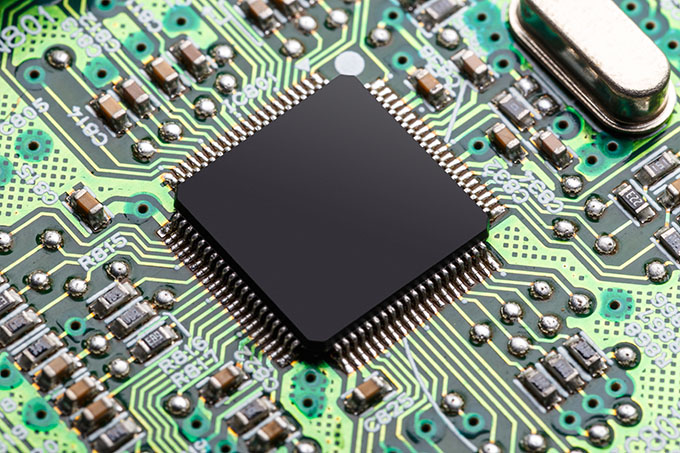A Computerized Future
Computers have become so essential in our fast-paced world that it is hard to imagine life without them. They have expanded to almost every field of industry and education so for many people in the world, not having a computer is unthinkable. Computer technology began in the late forties when the era of vacuum tube electronics began to mature. Throughout the nineteen thirties IBM was the leader in the manufacturing of tabulating equipment. At the beginning of the forties, very futuristic machines started to appear but soon became obsolete because of the development of new technologies.The development of solid-state transistors enabled a complete breakthrough in the electronic world, allowing pioneers in the computer field to reduce the size of their machines. The older machines were bulky and awkward looking. Transistors allowed the new computers to be smaller and more appealing for consumers and state of the art offices. The first successful microcomputer company was Apple Computer founded by Steve Wozniak and Steve Jobs who made computers cheaper and easy to use.
Bill Gates made his first incursion in the computer world, writing a language translator for the Altair 8800. Although the company that built the machine went bankrupt, he went on to found Microsoft Corporation, which is a leader in the development and manufacturing of computer programs nowadays. Operating a computer is not complicated. First you have to turn on the tower (where the CPU is located), then the machine proceeds to boot up (to load the operating system) so that the application software like Microsoft Office can run. After you finish with your work, you should turn your system off in order to conserve energy.
1. Do you have a computer at home? Describe it.
2. Do you know how to operate a computer?
3. Do you think computers are friendly or unfriendly, why?
4. How many software packages do you use?
5. Are you a software person or a hardware person?
6. Is it important in today’s world to know about computers to get a job?

